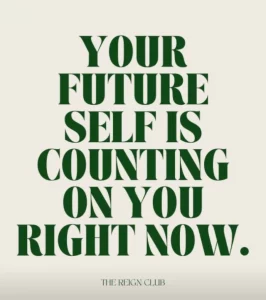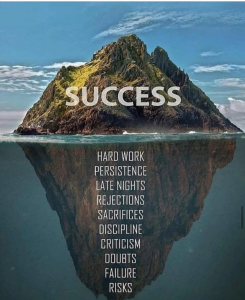Getting rid of a blaming habit can be challenging, but it is possible with awareness, effort, and practice. Here are some steps you can take to help break the habit of blaming:
- Self-Awareness: The first step in addressing a blaming habit is recognizing and acknowledging that you have this habit. Pay attention to situations where you tend to place blame on others or yourself.
- Mindfulness: Practice mindfulness to become more aware of your thoughts and reactions. When you catch yourself in the act of blaming, take a moment to pause and reflect on why you’re doing it.
- Understand the Root Causes: Try to understand why you tend to blame others or yourself. Is it a defence mechanism, a way to avoid responsibility, or a reaction to your own insecurities? Identifying the underlying reasons can help you address the habit.
- Empathy: Try to see situations from the perspective of others. Understand that people make mistakes, and their actions are often influenced by a variety of factors. Cultivate empathy, which can help reduce the tendency to blame.
- Take Responsibility: Instead of blaming others, focus on taking responsibility for your actions, choices, and reactions. When you make a mistake, acknowledge it and take steps to rectify it.
- Practice Forgiveness: Forgive others and yourself for past actions and mistakes. Holding onto blame and resentment can be detrimental to your well-being.
- Communication: Improve your communication skills. If something is bothering you or if you have a problem with someone, express your concerns openly and constructively. Avoid blaming language and use “I” statements to express your feelings and needs.
- Problem-Solving: Shift your focus from assigning blame to finding solutions. When a problem arises, think about how it can be resolved rather than dwelling on who is at fault.
- Learn from Mistakes: View mistakes and failures as opportunities for growth and learning. This can help you move away from a blame-centric mindset and toward a more growth-oriented one.
- Set realistic expectations: Understand that no one is perfect and everyone makes mistakes. Set realistic expectations for yourself and others.
By actively addressing and overcoming the habit of blaming, you’ll not only benefit those around you by eliminating the blame game, but you’ll also greatly enhance your own well-being. You’ll experience a profound sense of peace and empowerment, leading to increased happiness and stronger, more positive relationships with others. Most importantly, you’ll become an inspirational force and a positive influence, contributing to a better world and spreading happiness.











